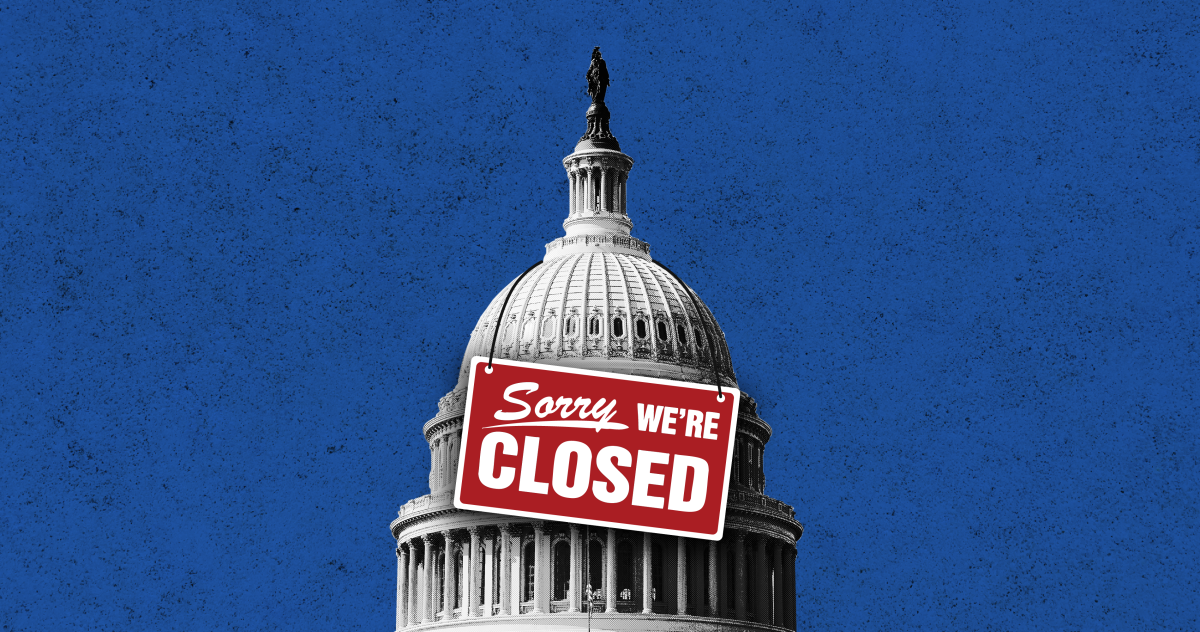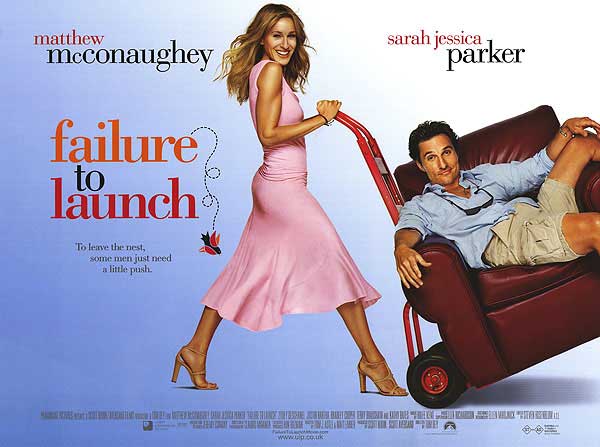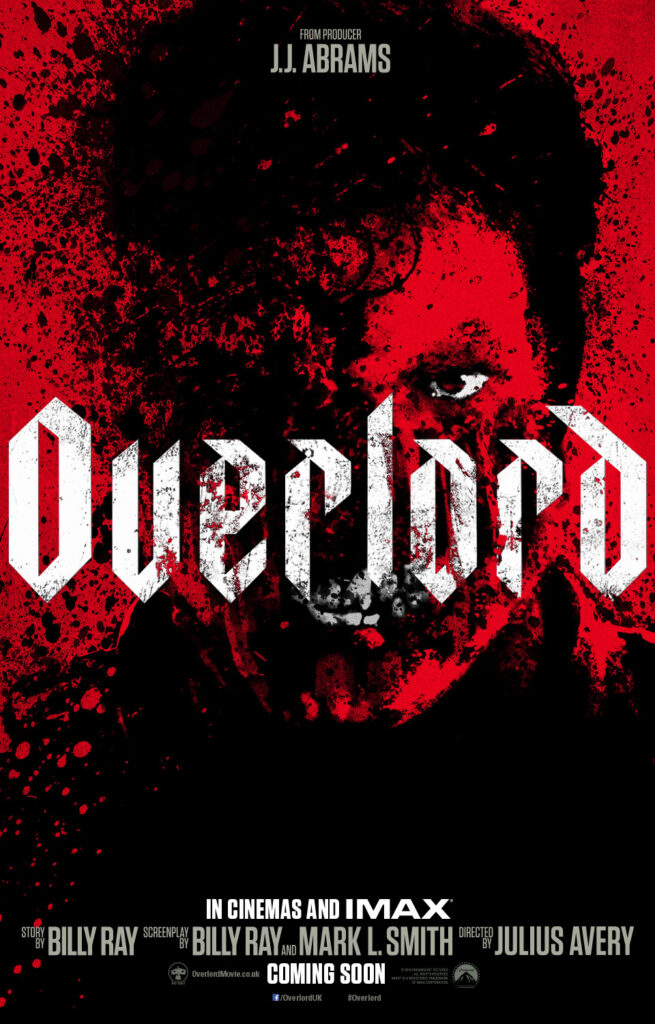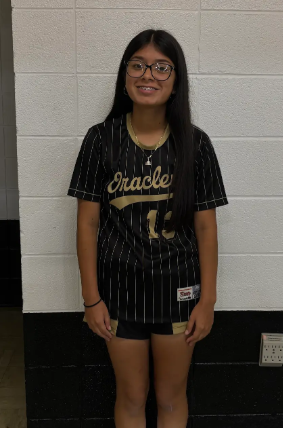Euthenasia should be legalized everywhere: here’s why
This month marks the 25th year since Measure 16 was passed in Oregon. Measure 16 was the first law passed that legalized doctor-prescribed death. This is a radical culture change as compared to the old days, and many still think that euthenasia is too controversial to even discuss. There are many methodologies and philosophies that are associated with this idea, but the main premise is to take away the pain fro individuals that are unable to get well or have prolonged suffering.
For example, there is physician-assisted suicide (PAS) where the doctor determines the most painless and effective method/medication to prescribe to the patient to allow them to pass away on their own terms. In the end, this decision is ultimately made by the patient, and they have the choice whether to take the medication or not. PAS is legal in 7 states in the US (Washington, Oregon, California, Colorado, Montana, Vermont, and Hawaii) and Washington D.C. It is also legal in the Netherlands, Belgium, Luxembourg, Canada, and Colombia.
Traditional euthenasia is when the doctor is given permission to perform the procedure that ends the patient’s life. There are two types of this occurrence: voluntary euthenasia and involuntary euthenasia. Voluntary euthenasia is where the patient inquiries and consents to the quietus of their life. Involuntary euthenasia is when the patient is in an irreversible coma and cannot wake up, so the family may decide to remove life-support or other devices. Even in this manner, there are two ways to perform the method: passive and active. Passive is where the life-prolonging treatments that keep the person alive are removed, whereas active euthenasia is when the patient receives medicine (such as secobarbital or pentobarbital) in lethal doses.
As you can see, this matter cannot be simply put without missing a huge chunk of the picture. I believe that these procedures should only be performed on completely mentally coherent people, because their consent is the main principle of this whole argument. Many people object to euthenasia as a whole, yet they support palliative care and it is legal in most places. Palliative care is the allowance of doctors to keep someone comfortable at the end of their lives if they are diagnosed terminally ill. For example, they can allow the patients to stop taking certain medications if they cause bad side effects, which can cause the patient to pass away sooner. This is legal in the United States and the lines tend to blur, yet people are firmly against euthenasia.
There will always be a dignity in choice. Some ways of death are painful and slow, like cancer or AIDS, so the ability to choose empowers some people because they can decide when they go. It brings back their sense of control, and it allows them to avoid some of the insurmountable pain of living through a fatal disease. If the quality of life is inevitably diminishing, these people should be given an option to let go of the pain. The Death with Dignity movement really embodies these ideals, and it gives insight into the minds of the people who are thinking about this procedure.
The patient who chooses euthenasia can also donate their organs once they pass away. If someone dies of natural causes, they are immediately prohibited from donating any organs. This may also be a contributing factor to allowing euthenasia to be legalized. Furthermore, it can be very expensive to be hospitalized all the time. For reference, in 2011 Medicare paid $55 million just for the doctors and hospital bills during the last two months of patients’ lives. While this cost is worth it to many people, a lot cannot afford these costly procedures to keep their loved ones alive for a certain period of time. Many go into medical debt and are unable to completely pay off in the long run. It gives the patient an alternative to family debt.
Many disagree with these views, and claim that if we did this it would “devalue human life.” Yet, when our pets are old and sick we put them down. This is seen as the humane thing to do. If you look at the definition of humane it says “having or showing compassion or benevolence.” We should always show compassion to everyone and everything; therefore, this argument can slightly be invalidated by this deductive reasoning. Others have misconceptions about euthenasia and claim that it is borderline murder, but this is a very uneducated statement, as we know now. All forms of euthenasia must have a written or verbal consent documented, and they must be in the right state of mind for the consent to be validated. If we are speaking about involuntary euthenasia, I think that we must assign stipulations to the procedure to ensure that nothing has been falsified or tampered with to make it seem like someone has consented when they are actually unable.
Another worry people present is that it is unfair to doctors who swore their lives to protecting and curing their patients to the best of their abilities. I find it regrettable to mention that it is their duty to provide the utmost comfort to the patient, so what happens when they know they’re unable to be cured? Doctors signed up for the good, the bad, and the ugly that comes with the medical field. They see people die more often than most do, and they should find solace in the fact that they’re providing someone with help to end their suffering. Also, they should not be required or forced to follow through with the procedure. The main objection of doctors that weren’t in favor of PAS and voluntary euthenasia is that it goes against their religious beliefs. While this may be unsettling for some, it’s not fair to impose religious beliefs into this matter, when it should ultimately be freedom of choice for everyone.
This argument simply boils down to the facts: passing away (for some) is better than living in excruciating pain every day knowing you won’t get better. Those who are terminally ill should be given the dignity of choice, because ultimately it’s their body and their life. We all die, it’s just a matter of time. As morbid as it sounds, prolonging the inevitable can be a painful task for some. If people can choose who they love, what they identify as, where they live, and who they are, why can’t they choose how they die?

Elizabeth is excited to be a returning for her second year of Parnassus. She is a senior at Delphi Community High School. She loves walking her dogs, watching...














